Aristotle Animal
History of animals is one of the major texts on biology by the ancient greek philosopher aristotle, who had studied at plato's academy in athens. He based his classification system off of observations of animals , and used physical characteristics to divide animals into two groups, and then into five genera per group, and then into species within each genus.
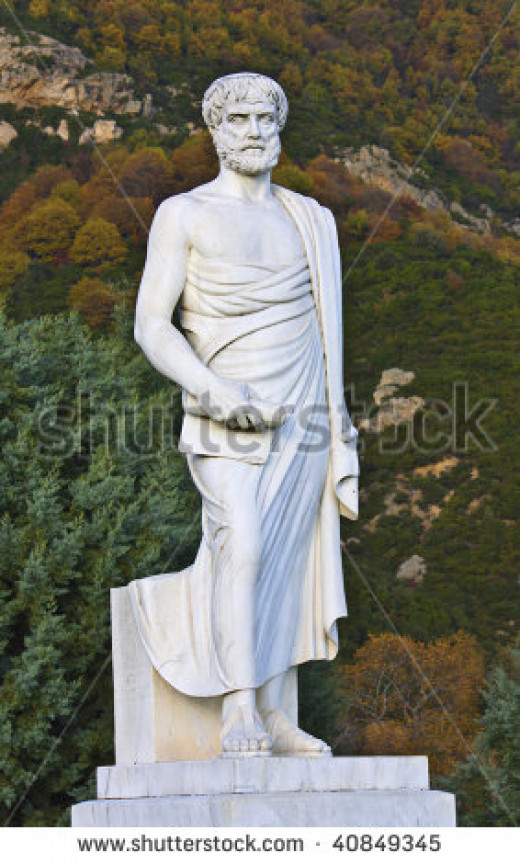
Democracy A Critical Analysis hubpages
Aristotle distinguished about 500 species of animals, arranging these in the history of animals in a graded scale of perfection, a nonreligious version of the scala naturae, with man at the top.
Aristotle animal. Viviparous quadrupeds are mammals, and oviparous quadrupeds are reptiles and amphibians. Aristotle considered octopuses and squids in this category of animals without blood. A wild animal may be hunted by humans and be captured or killed, but a farmed animal has its.
His system had eleven grades of animal, from highest potential to lowest, expressed in their form at birth: Animals have been used repeatedly throughout the history of biomedical research. Over 500 species of animals are considered:
The book is thus an. By contrasting these philosophical texts, i argue that aristotle’s faulty logic of human superiority creates a problematic mindset that can lead to human exploitation of their. The de incessu animalium forms an integral part of aristotle's biological corpus but is one of the least studied aristotelian works both by ancient and modern interpreters.
The highest gave live birth to hot and wet. The chapter sets out aristotle’s views on the cognitive abilities of animals, evidenced also in other works such as the metaphysics and de anima. Aristotle writes in the politics that ‘man is a political animal, in a higher degree than bees or other gregarious animals…man alone of the animals is furnished with the faculty of language’.
Aristotle developed the first system of classification of animals. Aristotle developed the first system of classification of animals. One aspect of character is cognitive abilities.
While the chapter does not question aristotle’s notorious denial of rationality to humans, it does show that he was alive to the signs of intelligence in animals. He believed animals had the ability to change their environment in a way that vegetables and rocks could not. Yet it is a treatise where we can see, with some clarity and detail, aristotle's methodology at work.
Aristotle's zoology included systematically observing and studying a wide range of animals, noting the similarities and trying to connect like with like. For aristotle, the animal soul is all about stimulus and response. Thus, when reading aristotle, one should understand that when he proclaims man to be a political animal, what he really means by that in today’s language is that humans are a social animal.
Animals whose upper and lower teeth meet evenly drink by suction, as the horse and the ox; Aristotle died in 322 bc. When it comes to vegetable souls and powers of nutrition and reproduction, they map easily onto modern concepts in modern biology.
The bear neither laps nor sucks, but gulps down his drink. The scorpions, spiders and centipedes were considered as insects by aristotle in the aristotle animal hierarchy. Within the animals with blood, aristotle created five different genera.
How did aristotle classify animals? What was the problem with the way aristotle. In history of animals, aristotle analyzes “differences”—in parts, activities, modes of life, and character—across the animal kingdom, in preparation for establishing their causes, which are the concern of his other zoological works.
These five genera were birds, fishes, viviparous quadrupeds, oviparous quadrupeds, and whales. Aristotle and erasistratus were among the first to perform experiments on living animals. Through proper training his capacity for moral virtue is developed into a peculiarly human excellence (325a2).
These remarkable marine creatures create the second genera in the aristotle animal hierarchy. Pro tagoras, it seems, would agree with aristotle in picking out man as a Generally seen as a pioneering work of zoology, aristotle frames his text by explaining that he is investigating the what prior to establishing the why.
He studied animals from all around greece, and it is likely that he received exotic specimens from. Shellfish, insects, birds, fish, reptiles, amphibians, and mammals—including human beings. It was written in the fourth century bc;
Aristotle’s notion that all animals exist for the sake of humans suggests that farmed animals fulfil their telos more fully than wild animals. The earliest references to animal testing are found in the writings of the greeks in the 2nd and 4th centuries bc. He based his classification system off of observations of animals, and used physical characteristics to divide animals into two groups, and then into five genera per group, and then into species within each genus.
Aristotle determines that animals are subservient to humans due to their inability to reason, whereas qoheleth suggests a form of equality between humans and animals due to their shared fate. All animals perceive but many also have imagination, memory, and. Aristotle’s views on animal behavior (ethology) are also discussed.

Aristotle The Animal League Of Green Valley

VETVS MOTVS ROMANVS Man as Social Animal Aristotle vs
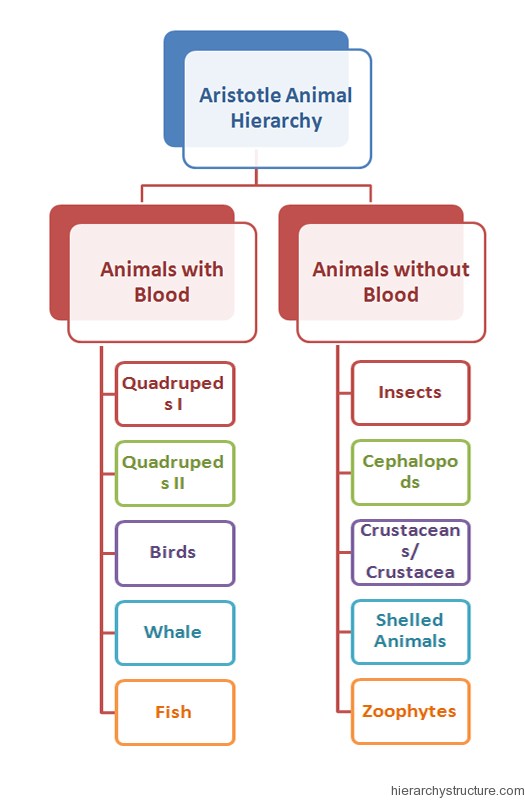
Aristotle Animal Hierarchy Aristotle Parts Of Animals

The Classification of Life From Linnaeus to DNA Barcoding
/Getty_Aristotle-162275597-56af9f875f9b58b7d01b2d4b.jpg)
Definition and Examples of the Topoi in Rhetoric

Aristotle On The Parts Of Animals by Aristotle

5 Cool Things that Come from Ancient Greece The Stella Blog

Early History of Veterinary Medicine & Colonial Animal
Man Is By Nature A Political Animal (Aristotle) Postcard
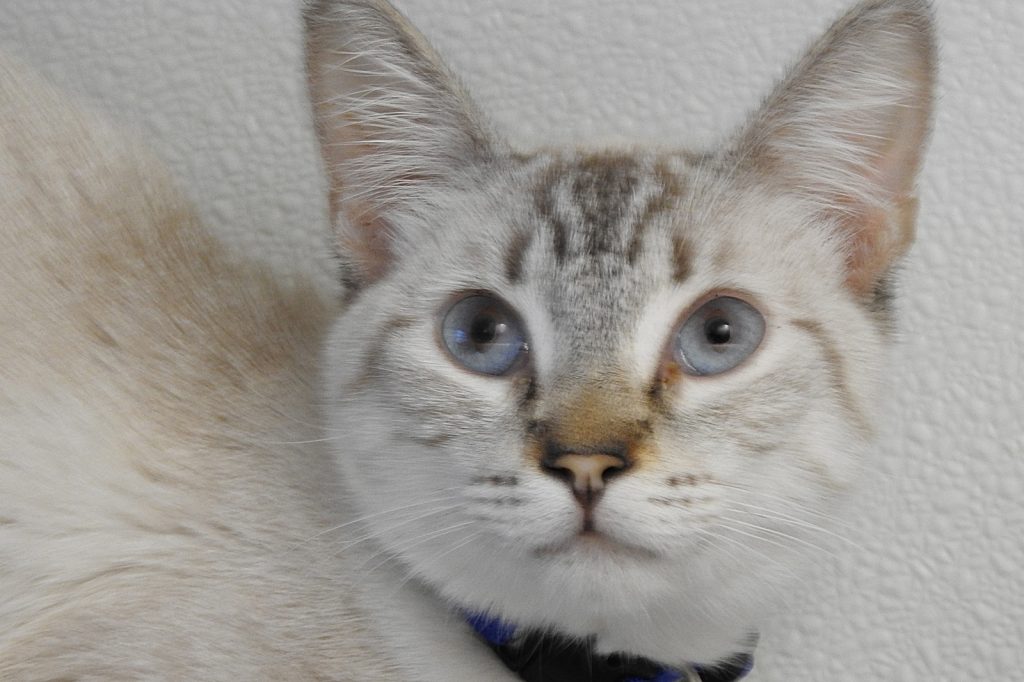
Aristotle The Animal League Of Green Valley
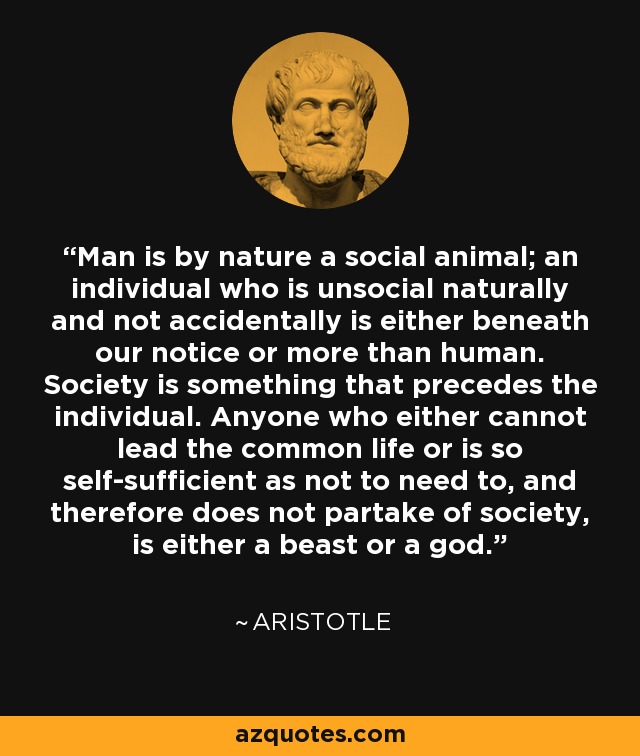
Aristotle quote Man is by nature a social animal; an

Ask Aristotle The Point Magazine
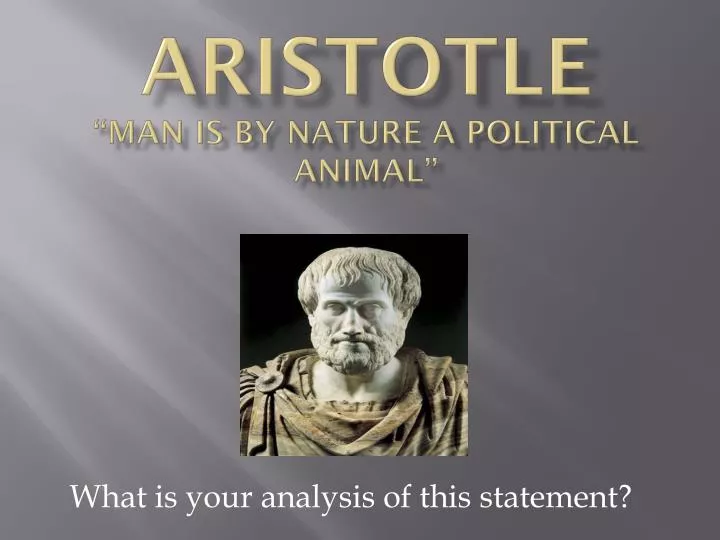
PPT Aristotle “man is by nature a political animal
Aristotle's Biology and Medicine, discoveries and opinions

Schematic representation of Aristotle's marine animal
Quotes About Man Vs Nature. QuotesGram
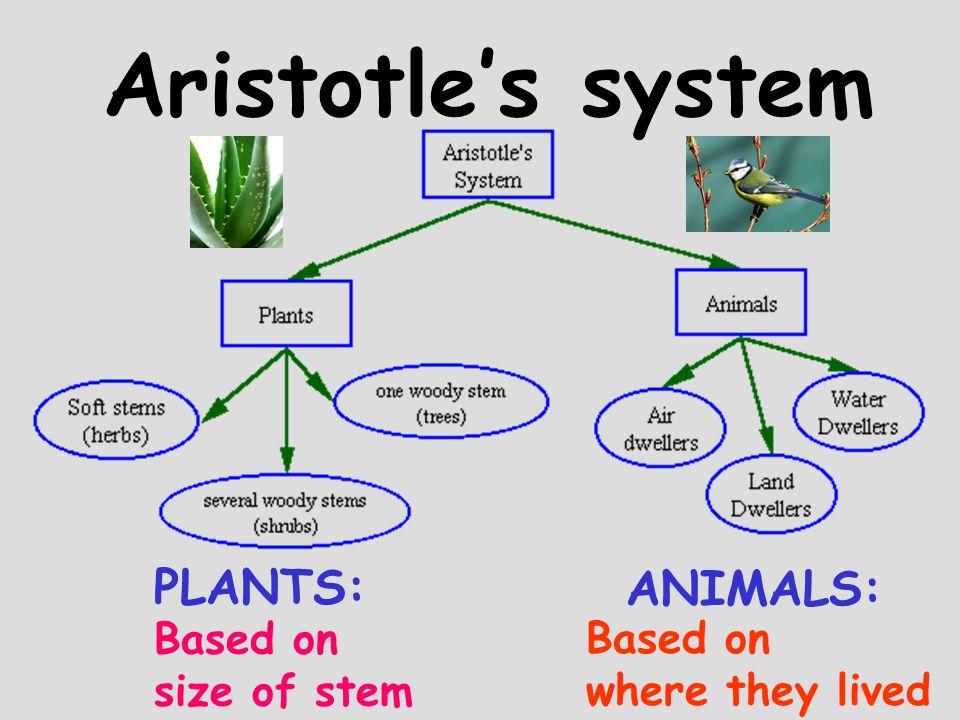
Post a Comment for "Aristotle Animal"